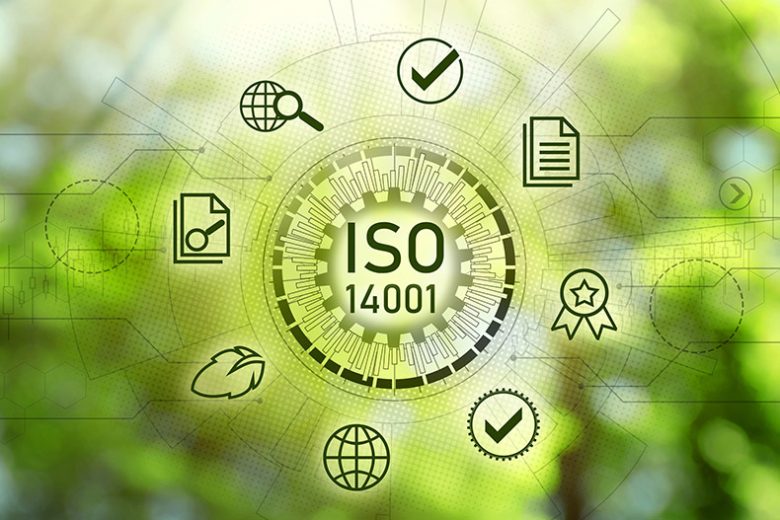ISO 14001 is undergoing revision – it’s up to you!

A promise made, a promise kept! In January 2022, we announced that the International Organization for Standardization (ISO) was giving itself twelve months to decide whether or not to revise the voluntary ISO 14001 standard, the universal guide which for the past twenty-seven years has indicated how to build and maintain an environmental management system. The answer is now clear: yes. The latest version of the standard, which dates back to 2015 just like its big quality sister ISO 9001, will therefore have a successor, at best in 2025. And it’s up to you to build this new text.
It has to be said that in ten years, a lot of water has flowed under the bridge. The subject of carbon, for example, has taken on enormous importance, sometimes to the point of truncating the necessarily multifactorial vision that characterizes environmental management. ” Decarbonization alone will not make the ecological transition. While we need to focus on mitigating and adapting to climate change, we must not forget the sustainable use of marine resources, the circular economy, pollution prevention and biodiversity issues. The ISO 14001 standard has the merit of listing all the ecological issues to be taken into account, without leaving anything out, with the concern that acting on one does not harm another. “explains Lina Ismail, who coordinates strategic thinking on this topic at AFNOR.
ISO 14001: strengthening life cycle thinking
The new version of the standard should reinforce this holistic reading of the subject, despite the wishes of other ISO member countries to strengthen the carbon aspect. On this point, France is on the same wavelength as Canada. ” The members of the
standardization committee
which I chair, agree on this and suggest, among other aspects to be improved in the standard, the life cycle logic.
Small and medium-sized businesses, mid-sized companies, major groups, manufacturers, service providers and logistics operators… It’s all the more strategic to involve your environmental manager in updating the standard, given that some 50,000 European companies are on the verge of the non-financial reporting obligation newly introduced by the CSRD directive. Within the company, you’ll need to collect information on the whole ESG sphere (environment, social, governance), information that will be easy to have on hand, for the environmental part, if you apply ISO 14001. Likewise, the challenges of energy sobriety and the water crisis, which will be very topical in 2023, will be easier to grasp if you already have an in-house management tool.
ISO 14001 continues to assert itself as the benchmark for environmental actions worldwide: according to ISO, 420,000 companies held active ISO 14001 certification on December 31, 2021, compared with 348,000 in 2020 and 312,000 in 2019.
You can also consult our thematic dossier on Environmental Management.